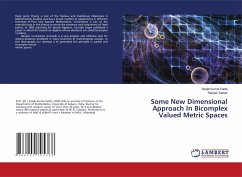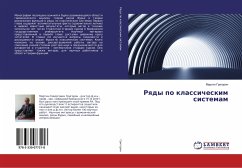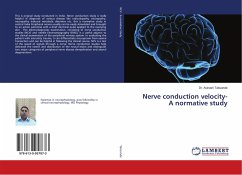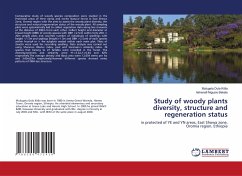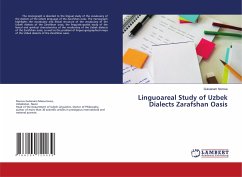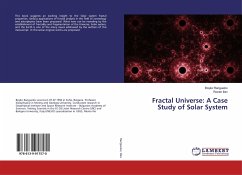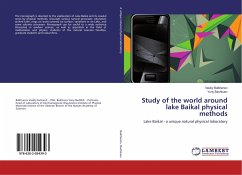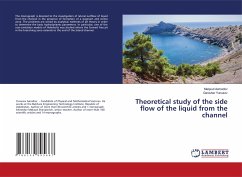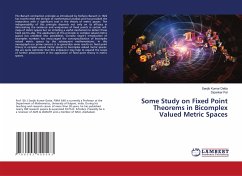
Some Study on Fixed Point Theorems in Bicomplex Valued Metric Spaces
Versandkostenfrei!
Versandfertig in 1-2 Wochen
36,99 €
inkl. MwSt.

PAYBACK Punkte
18 °P sammeln!
The Banach contraction principle as introduced by Stefano Banach in 1922 has transformed the domain of mathematical analysis and has provided the researchers with a significant tool in the theory of metric spaces. The indispensability of this principle depends not only on its efficacy in determining the existence and uniqueness of fixed points in certain self-maps of metric spaces but on initiating a useful mechanism to detect those fixed points also. The application of this principle in complex valued metric spaces has unfolded new possibilities. Corrado Segre's introduction of bicomplex numb...
The Banach contraction principle as introduced by Stefano Banach in 1922 has transformed the domain of mathematical analysis and has provided the researchers with a significant tool in the theory of metric spaces. The indispensability of this principle depends not only on its efficacy in determining the existence and uniqueness of fixed points in certain self-maps of metric spaces but on initiating a useful mechanism to detect those fixed points also. The application of this principle in complex valued metric spaces has unfolded new possibilities. Corrado Segre's introduction of bicomplex numbers has encouraged the conceptualization of bicomplex valued metric spaces by the subsequent mathematicians. In this monograph our prime concern is to generalize some results on fixed point theory in complex valued metric spaces to bicomplex valued metric spaces. We are quite optimistic that this endeavour may help to expand the scope of further advancement in the application of fixed point theory in metric spaces.



